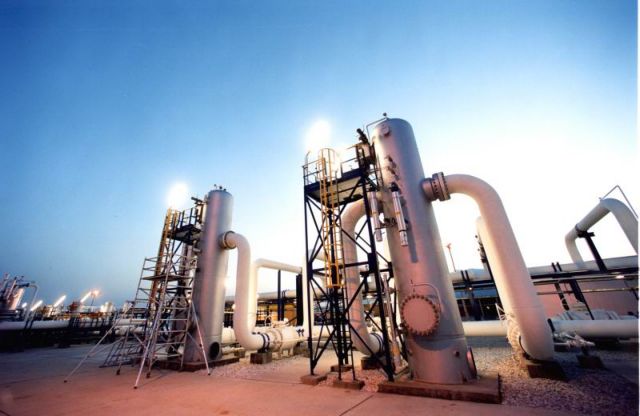The Russian Minister of Foreign Affairs Sergey Lavrov will arrive in Athens on Tuesday evening ahead of the European Commissioner for energy Günther Oettinger, who have been invited to discuss a number of matters related to energy.
Mr. Lavrov, who will also be present at the celebrations for 185 years since the appointment of Ioannis Kapodistrias as first governor of Greece, will discuss the involvement of Russian firms in Greek privatizations. The Russian minister will be accompanied by the CEO of RZD, revealing an interest for TRAINOSE.
The Russian Minister will also try to negotiate the terms of the new competition for the privatization of state-owned natural gas provider DEPA, after the collapse of negotiations with Gazprom. The terms proposed by the Russian side are most likely to be vetoed by the EU and European Commission. Other subjects on Mr. Lavrov’s agenda include the reduction natural gas prices to Greece, as well as the plans for the South Stream pipeline.
Meanwhile, the government is awaiting the arrival of European Commissioner for Energy Günther Oettinger, to discuss the progress of privatizations, the ongoing search for hydrocarbons and developments in the energy market. Mr. Oettinger is scheduled to appear in a press conference at the EC’s Athens offices.
Regarding privatizations, the Ministry of Environment working on splitting the state-owned power company DEI into two firms, one smaller and one bigger, in order to open up the energy market. Negotiations for the two companies have been under way for months, while the EC examines the lignite monopoly. Mr. Oettinger will also be looking into the sale of DESFA to the Azeri-owned SOCAR, which is not expected be complete by the end of 2014. This development and delay has perplexed the Azeri firm.
The German EC officer will also discuss other matters related to the natural gas, such as the TAP and related pipelines (such as the IGB and Adriatic pipeline) and the progress of the ongoing investigations for hydrocarbons in areas of the Ionian Sea and south of Crete. There are high hopes that the Eastern Mediterranean Sea can play an important role in reducing EU dependence on imports.



